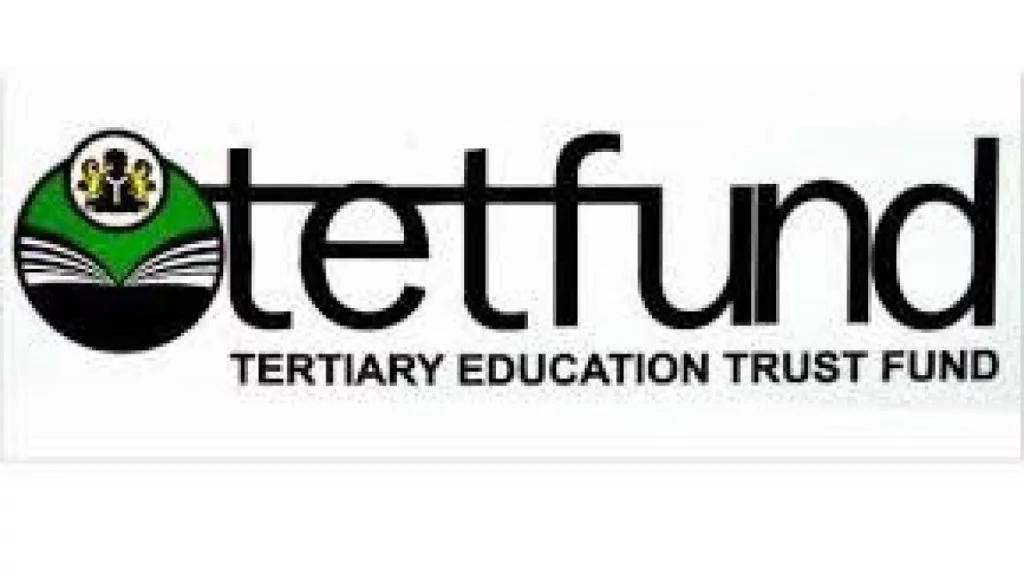The Tertiary Education Trust Fund, TETFund, has proposed an increase in the rates of living expenses to Nigerian lecturers studying in foreign institutions under the TETFund Scholarship for Academic Staff, TSAS, programme with effect from the 2023/2024 Academic year.
TETFund explained that the proposed increment was due to the steady rise in foreign countries’ cost of living index.
Sonny Echono, the Executive Secretary of TETFund, disclosed this while addressing the recent concerns of some stakeholders over the plight of Nigerian lecturers studying in foreign institutions.
The scholars were requesting a bailout by the Fund to cater for the shortfalls in their living expenses occasioned by fluctuations in foreign exchange.
Some scholars in Malaysia, India and Kenya had written to the Minister of Education and the Fund, requesting for intervention to enable them to complete their studies in their respective institutions.
However, TETFund urged those affected to be patient as “we conclude individual computations and obtain necessary approvals for the extra budgetary expenditure.”
A statement by the Funds Acting Director of Public Affairs, Abdulmumin Oniyangi, reads: “It is instructive to note that upon the introduction of the TSAS programme in 2008, full tuition and living expenses of scholars were disbursed directly by TETFund to their employers i.e. the Fund’s Beneficiary Institutions, who were expected as part of TETFund guidelines to warehouse approved training cost in respect of foreign scholarship in domiciliary accounts; and then disburse tuition to approved foreign institutions of study and living expenses into scholars’ foreign accounts upon receipt of progress report on academic standing.
“However, due to complaints by numerous scholars and certain observations on non-compliance to stipulated guidelines by Beneficiary Institutions, the mode of disbursement was reviewed in August 2019. With the review, TETFund commenced direct payment of tuition to foreign training institutions to mitigate the issue of exchange rate fluctuations, while disbursement of living expenses was still made to Beneficiary Institutions for retention in domiciliary accounts before transfer to scholars, as a way of protecting the scholarship bond signed with their employers. Based on the foregoing, TETFund has been up to date in tuition payment to the training institutions of all affected scholars and indeed, other institutions where TETFund scholars undergo various programmes.
“It is pertinent to state that despite the requirement of operating domiciliary accounts for living expenses of foreign scholars, some Beneficiary Institutions still kept such funds in local currency.
“Consequently, due to non-compliance to this requirement, scholars are often cut up on volatility of foreign exchange arising from the practice of keeping their stipends in local currency. To address this anomaly, TETFund with effect from 2022, commenced payment of living expenses directly to scholars after the first year until the end of the programme, with the burden of exchange rate variation borne by the Fund. TETFund has also signed Memoranda of Understanding with some foreign institutions to safeguard its scholars and ensure seamless academic activities.
“While it is regrettable that scholars from Beneficiary Institutions that fail to open domiciliary accounts are most affected by the current impasse, the Fund has taken a position not to punish the scholars for non-compliance by their home institutions. Accordingly, the shortfalls in living expenses of the scholars are currently being computed by the Fund. This will be paid directly to eligible scholars and recovered from subsequent allocations of affected Beneficiary Institutions.
“Furthermore, given the steady rise in the cost of living index in these foreign countries, the Management of TETFund has also proposed an increase in the rates of living expenses to scholars with effect from the 2023/2024 Academic year.






